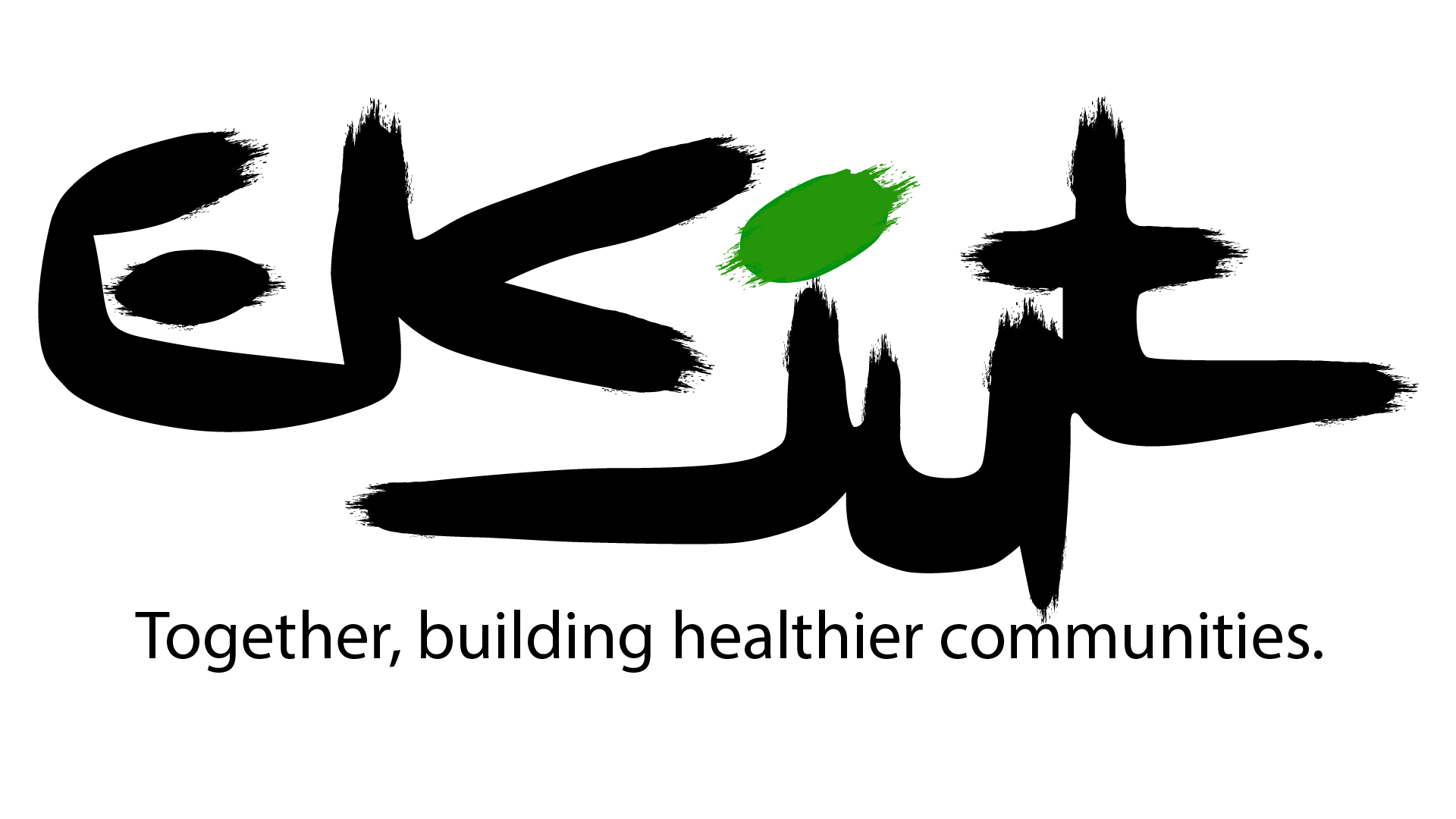Survive

Participatory Learning and Action (PLA) Module for ASHA Facilitators / ASHAs
Participatory Learning and Action (PLA) meeting cycle to improve the health of mothers and newborn babies was first tried between 2005 – 2008 as a Cluster RCT and subsequently scaled up in several states of the country. This manual was developed as a facilitation guide for the Accredited Social Health Activist (ASHA) and the ASHA facilitator cadres in Jharkhand between 2017- 2021.
If You are interested in reading our complete manual, please connect with us.
Transform

Participatory Learning and Action (PLA): Adolescents: Education, Nutrition, Mental Health & Well being and Sexual & Reproductive health
The PLA manual under the Transform theme deals with the Adolescent Health Initiative (10–19 age group), covering the structured monthly meetings on adolescents’ Education, Nutrition, Sexual and Reproductive Health, and Mental health-related development issues. It touches on aspects of adolescents’ needs and priorities, lives and aspirations, issues affecting well-being, and strengthening support mechanisms for their transition to healthy adulthood.
If You are interested in reading our complete manual, please connect with us.
Prevention Of Gender Based Violence

Facilitation guide for ASHAs to address Gender Based Violence in Jharkhand
For the Prevention of gender-based violence, the structured monthly PLA meetings are designed to understand the power imbalance in the community. Social structure of gender, the prevention of types of gender-based violence, and taking action for those implicit.
If You are interested in reading our complete manual, please connect with us.
Thrive

Participatory Learning and Action (PLA): To Improve maternal and child health and Nutrition
The Participatory Learning and Action (PLA) meeting cycle as a nutrition intervention helps groups comprising of women and other community members to identify, understand, and address common health and nutrition problems in the community. It encourages dialogue, learning, participatory decision-making, and action. PLA seeks to build people’s capacities to identify their problems, develop strategies that are actionable, build solidarity to work together, plan to improve nutrition among pregnant women, mothers and young children, and focus on prevention through positive action and referrals when needed. Under ‘THRIVE’ three interventions were tried out using the participatory approach of the PLA meeting cycle as a core and complementing it with other child-centric interventions.
CARING – [Community Action Research for Improving Nutrition and Growth] – the cluster RCT was done in 60 villages of Jharkhand and Odisha between 2013 – 15. It comprised of participatory meetings with groups and additionally home visits counselling which was child focused, where tools like picture cards were used to discuss with the family members of the particular child on aspects of health, nutrition, water and sanitation, and early childhood stimulation. The PLA manual was designed to cover similar topics for discussion at the community level through games, role plays, picture cards and other visual literacy tools.
AAM – [Action Against Malnutrition] – this 3-armed quasi-experimental study was done between 2012-17 and in seven blocks of seven districts of four states (3 blocks in Jharkhand, 2 in Odisha, 1 each in Chhattisgarh and Bihar) with multiple partners. The participatory meetings and home visit counselling were similar as in the CARING study. However, the home visits were in a larger population and selective to only those children who were identified as being undernourished in a population or ~ 5000 as opposed to 1000 in CARING study. In addition to the above two interventions, a more intensive approach was used to prevent undernutrition that co-located several services – free care in a safe, smoke-free environment with clean drinking water, handwashing stations, nutritious food, growth monitoring and psychosocial stimulation.
LANN – [Linking Agriculture, Natural resource Management and Nutrition] This facilitation guide for improving nutrition outcomes in rural livelihood programs in South Asia was jointly developed by Welthungerhilfe, Living Farms, and Ekjut based on the approach of linking agriculture, natural resource management and Nutrition.
If You are interested in reading our complete manual, please connect with us.
Bridging the Mental Health Care Gap and Addressing the social determinants of psychosocial distress

Facilitation guide for Facilitators to address social determinants of psychosocial distress.
In the space of mental health, the structured monthly PLA meetings vary across Ekjut’s interventions during vulnerable periods across the life cycle (from birth to adolescence and adulthood) with the partnering communities. This includes addressing predictors of distress and bridging the mental health care gap. through a community mental health intervention.
If You are interested in reading our complete manual, please connect with us.

